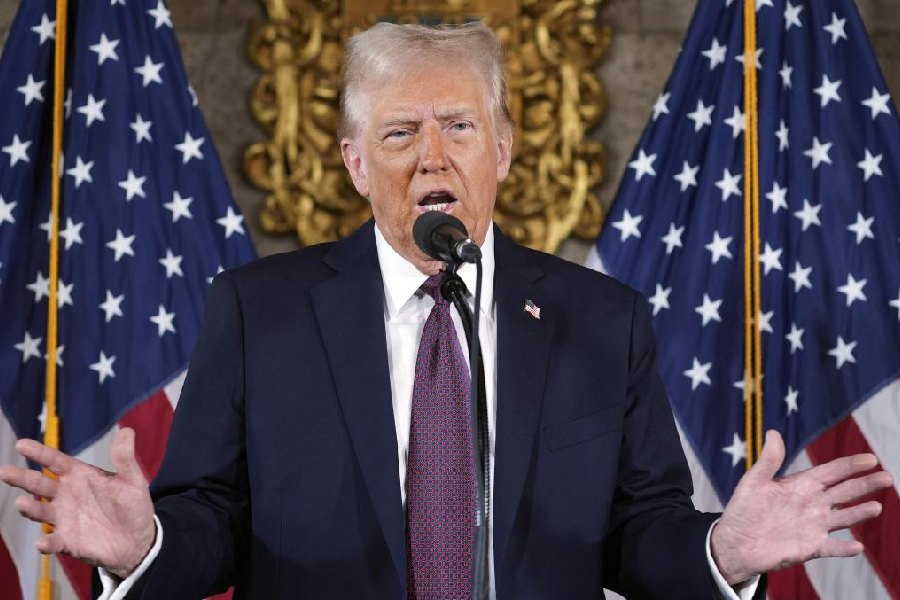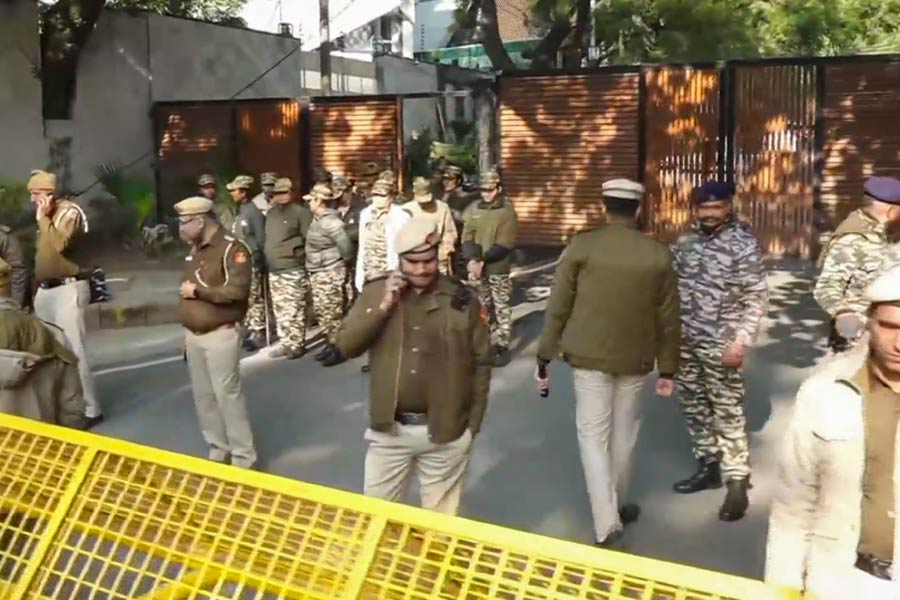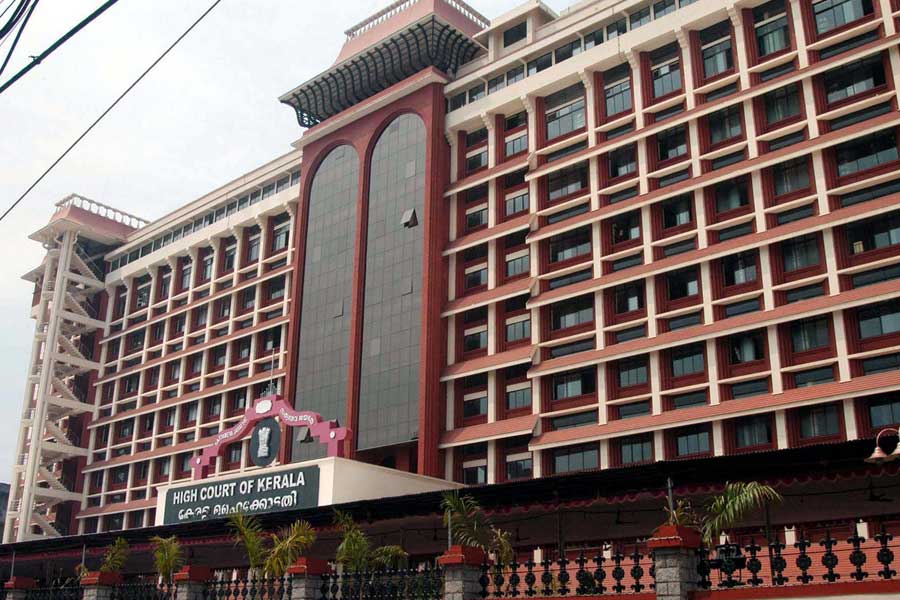Union minister Nitin Gadkari on Thursday said the vehicle scrapping policy will be a "win-win" policy that will help improve fuel efficiency and reduce pollution.
Making a statement regarding the vehicle scrapping policy in the Lok Sabha, the Road Transport, Highways and MSMEs Minister said the policy will also lead to an increase in the country's automobile industry turnover to Rs 10 lakh crore from the current Rs 4.5 lakh crore.
According to the statement tabled in the Lok Sabha, the "scrap value for the old vehicle given by the scrapping centre, which is approximately 4-6 per cent of the ex-showroom price of a new vehicle".
Besides, state governments will be advised to offer a road tax rebate of up to 25 per cent for personal vehicles and up to 15 per cent for commercial vehicles.
As per the statement, vehicle manufacturers are also advised for providing a discount of five per cent on the purchase of a new vehicle against the scrapping certificate.
Also, the registration fees may also be waived for the purchase of a new vehicle against the scrapping certificate, it added.
Noting that the policy will be a "win-win" policy, the minister said it will help improve fuel efficiency, reduce pollution and GST income will also rise due to the purchase of new vehicles.
According to him, the policy is aimed at reducing the population of old and defective vehicles, bringing down vehicular air pollutants, improving road and vehicular safety.
Besides, it will help in achieving better fuel efficiency, formalising the informal vehicle scrapping industry, and boost the availability of low-cost raw materials for the automotive, steel and electronics industry.
With the scrapping of old vehicles, raw materials such as plastic, copper, aluminium, steel and rubber will be recycled. This will bring down the cost component and help the industry become more cost-competitive.
The Road Transport and Highway Ministry will publish a draft notification for stakeholders' comments in the next few weeks.
The scheme will provide strong incentives to owners of old vehicles to scrap old and unfit vehicles through registered scrapping centres, which will provide the owners with a scrapping certificate.
Under the policy, tentatively, rules for fitness tests and scrapping centres are likely to be applicable from October 1, 2021, while scrapping of government and PSU vehicles that are older than 15 years will be from April 1, 2022.
The mandatory fitness testing for heavy commercial vehicles is likely to be in force from April 1, 2023, and the same will be in place in a phased manner for other categories from June 1, 2024.
The minister said that there are 51 lakh light motor vehicles that are older than 20 years and 34 lakh light motor vehicles that are older than 15 years.
Around 17 lakh medium and heavy commercial vehicles are older than 15 years without a valid fitness certificate, he said, adding that older vehicles pollute the environment 10 to 12 times more than fit vehicles.
A vehicle failing the fitness test or failing to get a renewal of its registration certificate may be declared as End of Life Vehicle.
The ministry has proposed that commercial vehicles be de-registered after 15 years in case of failure to get the fitness certificate. As a disincentive measure, increased fees for fitness certificate and fitness test may be applicable for commercial vehicles 15 years onwards from the date of initial registration, according to the minister.
Another proposal is that private vehicles be de-registered after 20 years if found unfit or in case of a failure to renew the registration certificate. As a disincentive measure, increased re-registration fees will be applicable for private vehicles 15 year onwards from the date of initial registration.
The ministry will promote the setting up of Registered Vehicle Scrapping Facility (RVSF) and will encourage public and private participation in opening such centres.










